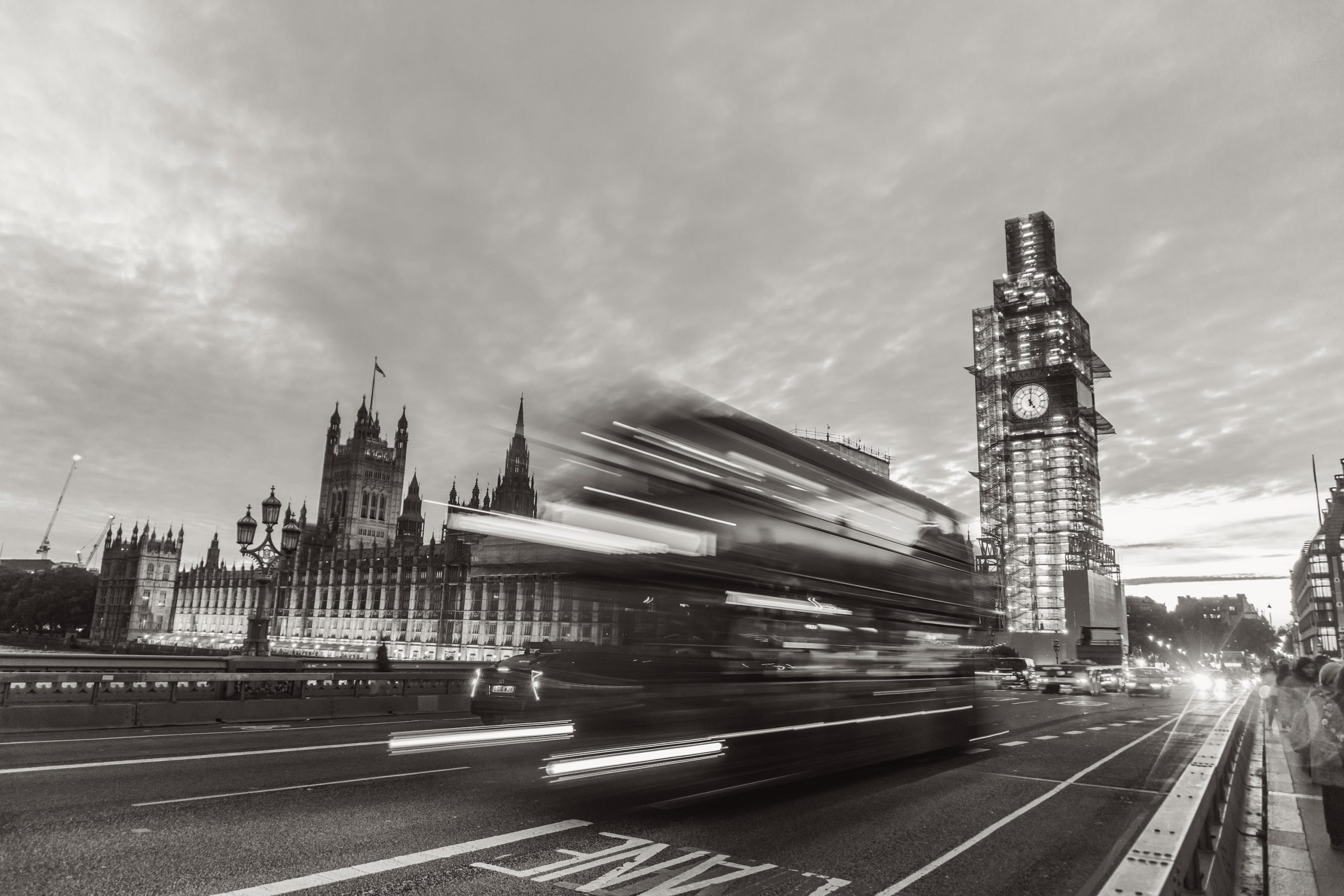Few MPs disagree with Jo Johnson’s assessment that Mrs May’s Brexit Deal is a failure of British statecraft on a scale not seen since Suez. What divides them is where to go from here.
Remainers recognise that the current proposal is not just sub-optimal but the worst of all worlds. The UK would be paying £39bn to be tied indefinitely to the customs union and single market but with no say over the rules of the market, nor over the trade deals struck by the EU on behalf of the customs union. Most Remainers believe in being able to exercise influence within the EU; some Remainers on the Conservative benches will now be tempted to defeat the May Deal, in the hope that the prospect of a No Deal outcome frightens the Government into postponing Brexit or accepting that there must be another referendum.
As things stand, Parliament has legislated for the UK to exit the European Union on 29 March. It would take new legislation to pass through Parliament before then to delay Brexit. Technically, because Article 50 was invoked in March 2017, the EU would have to agree to an extension of UK membership as well. It is just still possible that Parliament would vote to delay Brexit, and to send the Prime Minister back to Brussels to seek a better deal. After all, most leading Brexiteers even regard staying in the EU as preferable to the May Deal.
If Mrs May survives long enough to put her Deal to a meaningful vote in Parliament, she is likely to see it rejected. If Parliament now votes to reject the May Deal, she is left with three options: go back to Brussels to try harder, leave with No Deal or delay Brexit. Her strategy has always been to play for time, so suspending Article 50 and delaying Brexit looks the most likely tactic.
Nobody knows how many letters the Conservative 1922 Committee Chairman Graham Brady has in his possession. All he needs is 48 letters calling for a leadership vote and a vote of confidence will be held in Mrs May’s leadership. If the letters go in, she is likely to resign before this vote, when she sees that she will never again be able to lead a united Conservative Party in Parliament.
The best outcome for the Conservative Party is that they elect a new leader who promises to go to Brussels and negotiate a better exit deal, in a way that does not look as desperate for a deal as Mrs May did. There are viable routes that Mrs May did not pursue. The new Prime Minister could seek a partnership with the EU along Swiss lines, or join the European Economic Area like Norway, or secure a minimal trade deal which contains a few last minute contingency measures to keep the goods and services flowing across borders and agrees not to impose maximum WTO tariffs in either direction.
Mr Corbyn will be relaxed about a No Deal outcome. He and Mr McDonnell have their eyes on the main prize. Their socialist project can only be realized outside the EU single market when the UK Parliament is back in control of domestic law. Then they will be just one General Election away from achieving their big dream – the communisation of England’s green and pleasant land.







